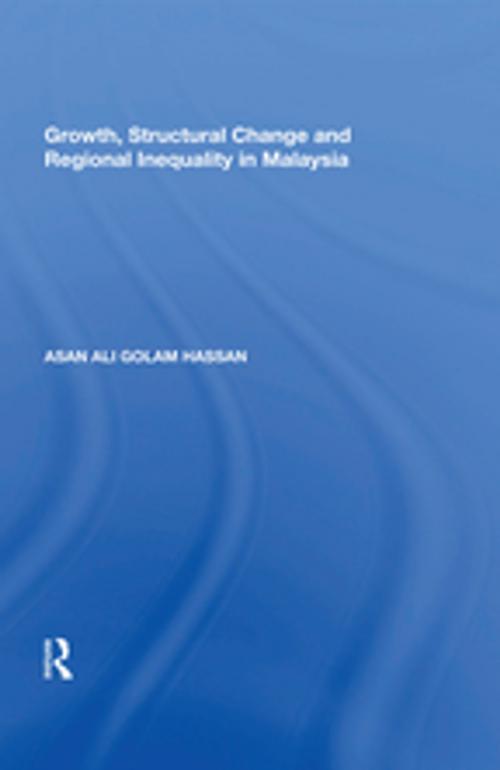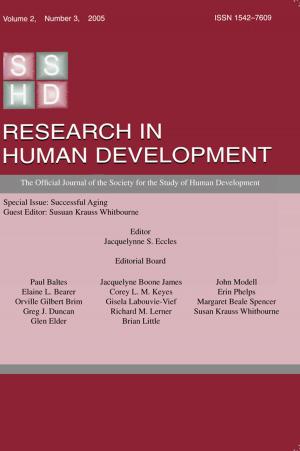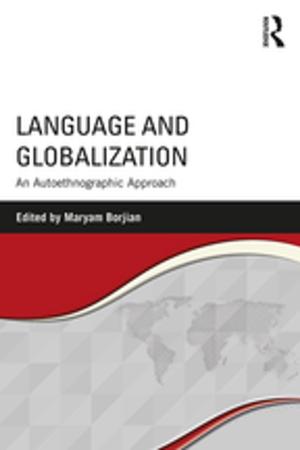Growth, Structural Change and Regional Inequality in Malaysia
Business & Finance, Economics, Development & Growth| Author: | Asan Ali Golam Hassan | ISBN: | 9781351156905 |
| Publisher: | Taylor and Francis | Publication: | November 30, 2017 |
| Imprint: | Routledge | Language: | English |
| Author: | Asan Ali Golam Hassan |
| ISBN: | 9781351156905 |
| Publisher: | Taylor and Francis |
| Publication: | November 30, 2017 |
| Imprint: | Routledge |
| Language: | English |
Economic development in the long run is seen as a process of structural change that is affected by economic growth. Malaysia is one of the middle-income economies that are going through rapid structural change. Since the mid 1980s it has changed to an industrially based economy with large-scale export of electrical and electronic components. However, thirty years after Malaysia's re-distributive policies have been exercised, regional inequality still exists. This book examines the nature and impact of regional policies in relation to the patterns of demographic and economic structural change and in relation to growth, distribution and income disparities across regions in Peninsular Malaysia. The book also explores the degree to which differences in regional manufacturing distribution and concentration have contributed to regional inequality. It concludes with a number of recommendations for regional policies that will reduce this inequality.
Economic development in the long run is seen as a process of structural change that is affected by economic growth. Malaysia is one of the middle-income economies that are going through rapid structural change. Since the mid 1980s it has changed to an industrially based economy with large-scale export of electrical and electronic components. However, thirty years after Malaysia's re-distributive policies have been exercised, regional inequality still exists. This book examines the nature and impact of regional policies in relation to the patterns of demographic and economic structural change and in relation to growth, distribution and income disparities across regions in Peninsular Malaysia. The book also explores the degree to which differences in regional manufacturing distribution and concentration have contributed to regional inequality. It concludes with a number of recommendations for regional policies that will reduce this inequality.















